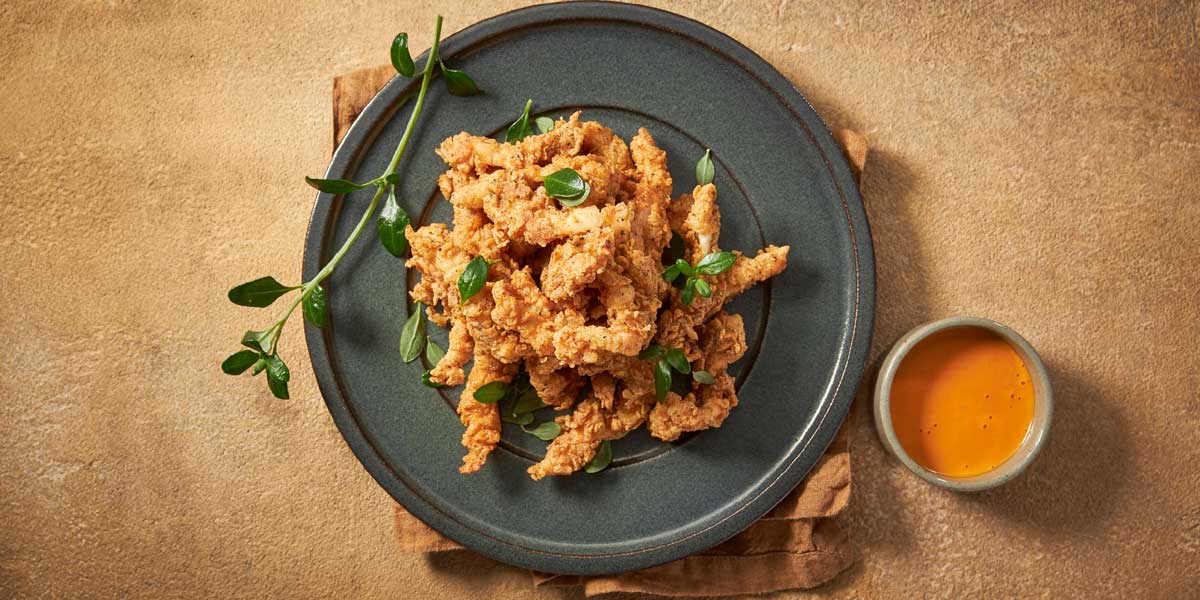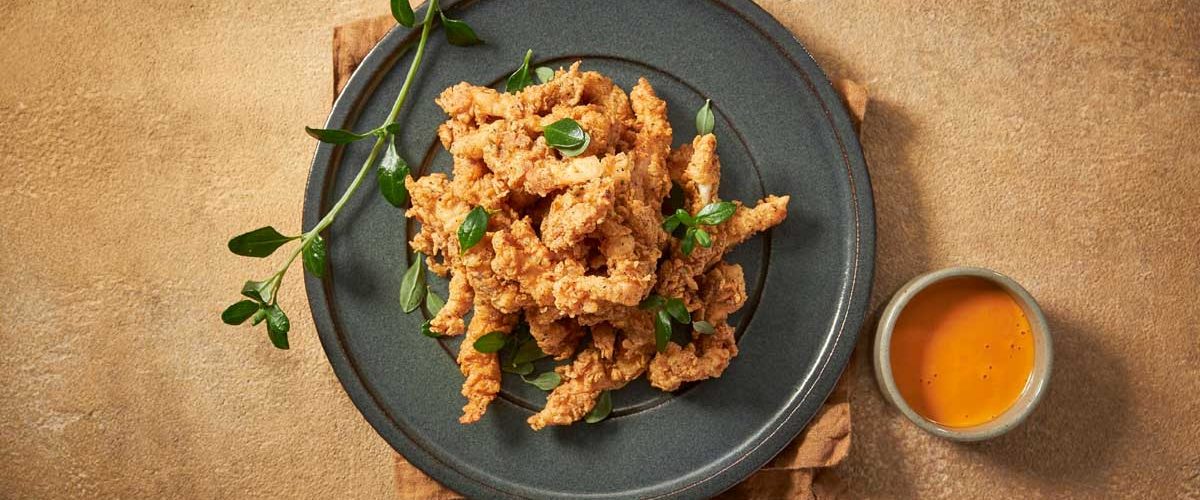Follow Us
Saltbush Pepperberry Crocodile Recipe – Australian Special

Explore something truly adventurous with this Saltbush Pepperberry Crocodile recipe—an exotic meat that delivers on flavour without being heavy. Featuring native Australian herbs like saltbush and pepperberry, this dish brings a bold seasoning profile balanced by fresh citrus and garlic. Lean protein in the form of crocodile (or chicken/fish substitute) ensures a clean taste, while grilling gives a smoky char that elevates the experience. It’s a grilled main that stands out at any table.
- Prep Time1 hr
- Cook Time12 min
- Total Time1 hr 12 min
- Course
- Cuisine
Saltbush Pepperberry Crocodile Recipe Ingredients:
- 500 grams (1 lb) crocodile fillet (or substitute with chicken or fish)
- 1 tablespoon of saltbush leaves (fresh or dried; substitute with rosemary if unavailable)
- 1 teaspoon of dried pepperberries (crushed; substitute with black pepper if unavailable)
- 2 tablespoons of olive oil
- 1 tablespoon of soy sauce
- 1 tablespoon of lemon juice
- 2 cloves of garlic, minced
- 1 teaspoon of honey
- Salt and pepper, to taste
- Fresh parsley, chopped (for garnish, optional)
Saltbush Pepperberry Crocodile Recipe
Prepare the Marinade: In a bowl, combine the olive oil, soy sauce, lemon juice, minced garlic, honey, crushed pepperberries, and saltbush leaves. Whisk well to blend all the flavors.
Marinate the Crocodile: Cut the crocodile fillet into bite-sized pieces or strips. Place the meat in a resealable plastic bag or a shallow dish and pour the marinade over it. Seal or cover and refrigerate for at least 30 minutes, or up to 2 hours for more flavor.
Preheat the Grill or Pan: Preheat a grill or a large skillet over medium-high heat. Lightly oil the grill grates or the pan to prevent sticking.
Cook the Crocodile: Remove the crocodile pieces from the marinade, letting any excess drip off. Grill or sear the pieces for about 3-4 minutes per side, or until the meat is cooked through and has a nice char. The internal temperature should reach at least 165°F (74°C).
Rest and Serve: Transfer the cooked crocodile to a plate and let it rest for a few minutes before serving. This allows the juices to redistribute and the flavors to settle.
Garnish: Garnish with freshly chopped parsley if desired. Serve hot.
Recipe Notes:
Meat Substitute: If crocodile meat is hard to source, chicken or firm white fish like barramundi work well; adjust cooking times since they cook more quickly.
Marinade Duration: Marinate for at least 30 minutes, but letting it go up to 2 hours gives deeper flavor infusion from the saltbush and honey combination.
Grilling Tips: Preheat the grill or skillet to medium-high and oil the surface to prevent sticking; sear the meat to get good colour and char without drying it out.
Doneness Guide: Cook crocodile pieces for about 3-4 minutes per side until internal temperature reaches at least 74 °C (165 °F). Overcooked meat becomes tough.
Serving Suggestions: Let it rest a few minutes before slicing to retain juices. Garnish with fresh parsley, squeeze of lemon, and pair with sides like grilled vegetables or a crisp salad to complement the bold herbs.







